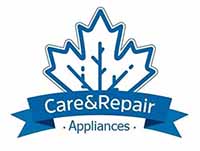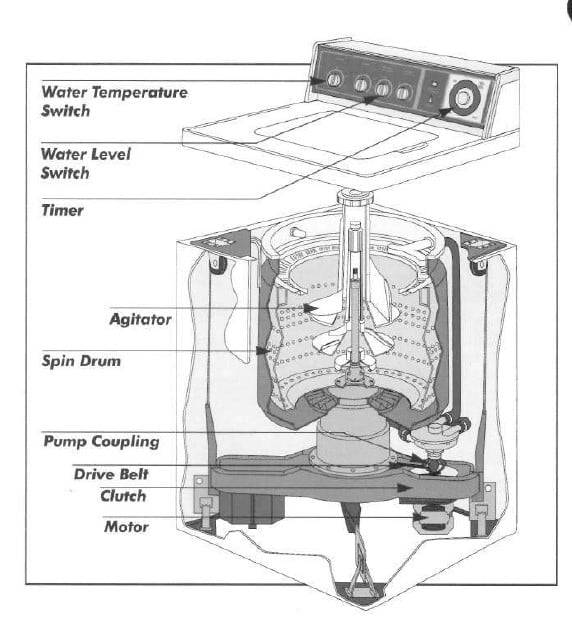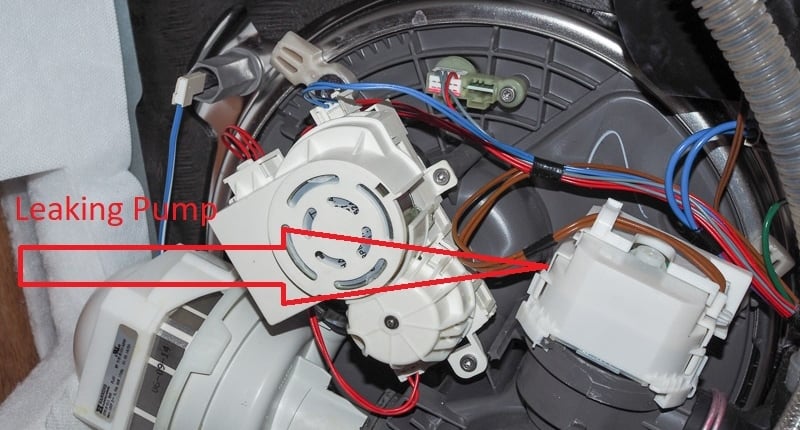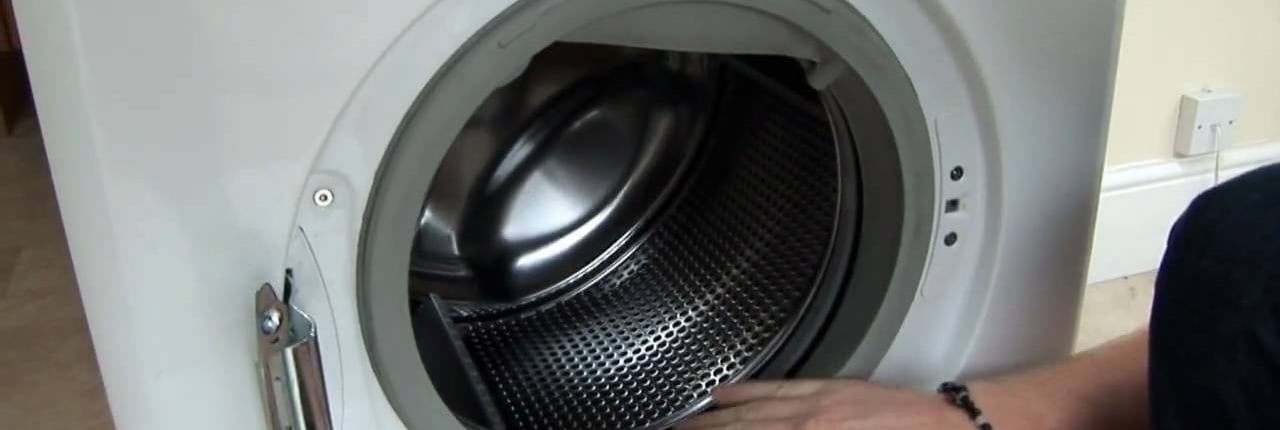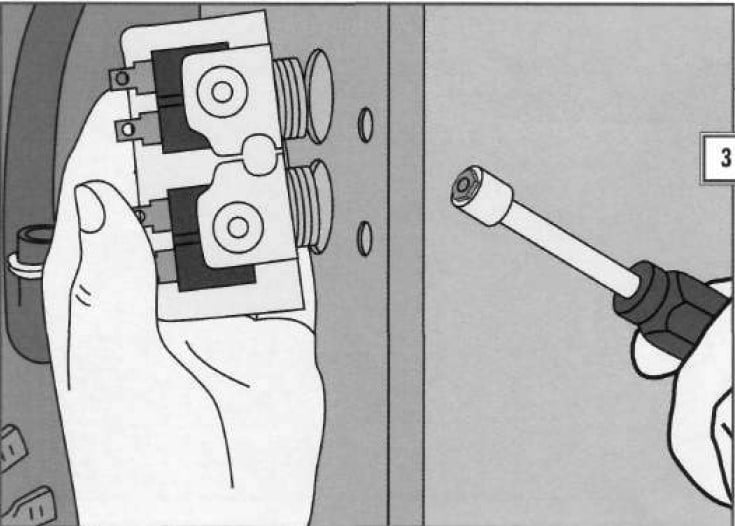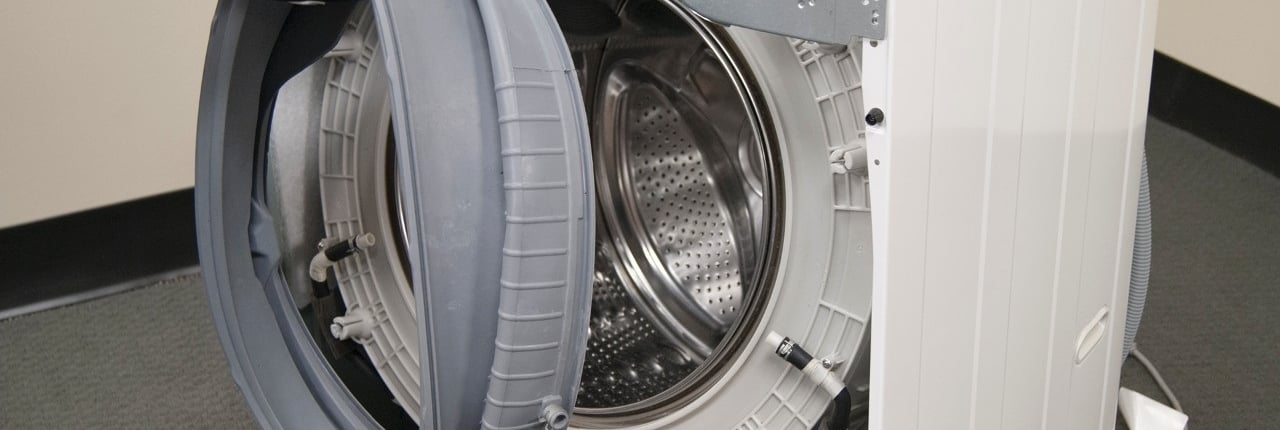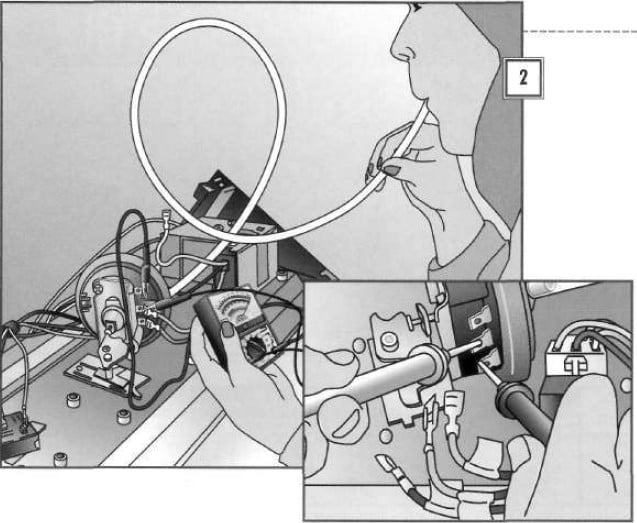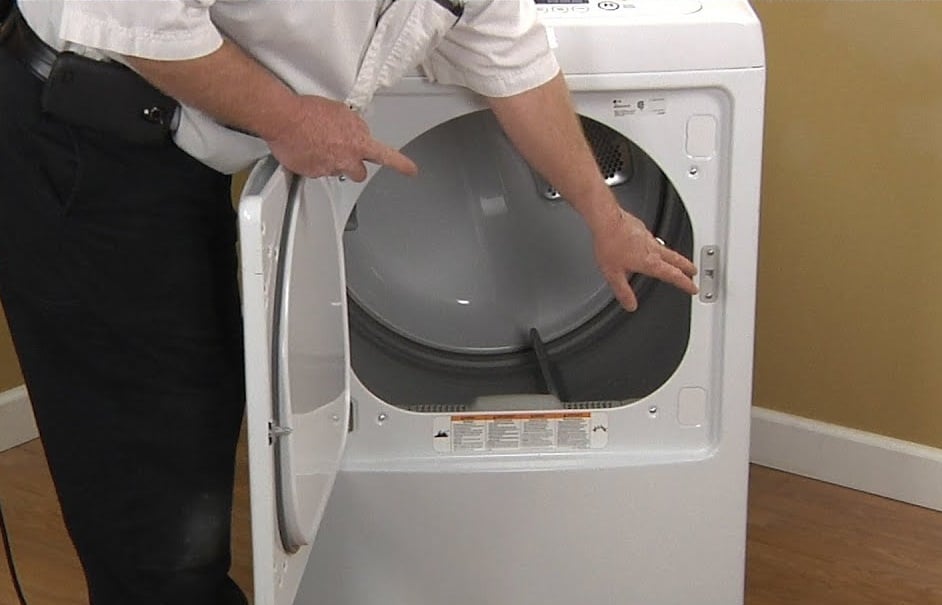Troubleshooting Leaking Washing Machine
It is always scary, when your washing machine suddenly starts leaking and floods the floor. However, the problem is not as challenging as it might seem and in most cases you will be able to fix it yourself pretty quickly. Not only will you not have to purchase a brand new appliance, but calling a professional might not be required as well.
We have collected a few simple steps that might help you identify and resolve the issue with the washer.
Required Tools
In the majority of cases, the single tool you will require is
- a 4 in 1 screwdriver. It will help you troubleshoot and even fix the issue.
- Having pliers will also be helpful.
Hoses Issue (Supply and Internal)
The most frequent source of leaking are the hoses. There are two kinds of hoses incorporated in the washer: supply hoses (external) and internal ones.
First, it is necessary to check the external hoses:
- Empty the device and move it from the wall;
- Start the filling cycle and pay attention to the pipes located behind the washer in order to detect any leakage;
- If one of the tubes is leaking or old and rusty, replace it with a new one.
- If the problem is not in the supply hoses, check the internal ones:
- Unscrew and open the panel at the bottom of your device;
- Start the filling cycle once again to see if the leakage comes from the inside;
- In case the hoses are old and in a bad condition, replace them;
- Check the clamps, these parts might be the case of leaking. Use pliers to take them off and replace with new and tighter ones.
Pump
The pump is an important part, which is in charge of draining water. Examine the hoses in places where they link to the pump. See, if the connections are not tight or damaged, which causes the leakage. If the pump itself leaks, replace it completely.
Tub Cover Gasket
The gasket acts as a sealing in between the tub with the lid or the door of a washer. This part can be found in both types of washing machines. If your appliance is spilling water throughout the washing or spinning cycle, then it might be the issue.
Check for the spots of water with soap around the part in order to identify the problem.
Water Inlet Valve
In the event the appliance is leaky from behind, you might need to examine the inlet valve. Unscrew the panel in order to access it. Ensure that the pipes are intact and attached securely. If the valve itself is damaged or faulty, replace it.
Door Boot Seal
This is a rubber part incorporated in the front loading washers. If you feel like it is oozing close to the door, then this seal might be the issue. It could get worn out or become ripped, which will cause the leakage.
Examine this place in order to see whether something is obstructing the door from closing tightly. If it is necessary to buy a new seal, you will have to take the door off completely in order to deal with the seal.
Water (Pressure) Level Switch
This switch is in charge of stopping the water from filling the tub when there is enough liquid for the washing cycle. Sometimes this part might become faulty and stop reacting properly.
Observe the washer to see if it is overflowing and replace the switch if needed.
Door Catch
The catch keeps the door shut tightly while the machine is working. If it becomes worn out and does not close as tightly as needed anymore, replace the catch.
Tub (Boot) Seal
This part prevents the liquid from spilling in the region where the shaft joins the tub. Depending on the model of your equipment, you will have to remove either the front or back panel in order to see this part. Start the filling cycle and see if it is leaking in order to replace it if necessary.
Worn-out Tub Fittings
The tub fittings might become rusty or damaged. Consult the manual for your washer in order to see its scheme. Remove the tub and check the fittings. Replace them, if needed.
-
1
 Call Us
Call Us -
2
 Get a Quote On-Site
Get a Quote On-Site -
3
 Get Your Appliance Fixed
Get Your Appliance Fixed -
4
 Visa | Cash | MasterCard
Visa | Cash | MasterCard -
5
 Enjoy Your Day
Enjoy Your Day
